Published on:
Although moving to a country of sandy coastlines, amazing cuisine, and an almost idyllic climate sounds like a dream come true for many, weighing up the pros and cons of living in Spain is required to make an informed judgment. While there are many upsides to living in Spain, such as the excellent healthcare system, there are also downsides, like the high unemployment rate. The following list will help you get a realistic picture of a new life in Spain.
Contents
Pros of Living in Spain
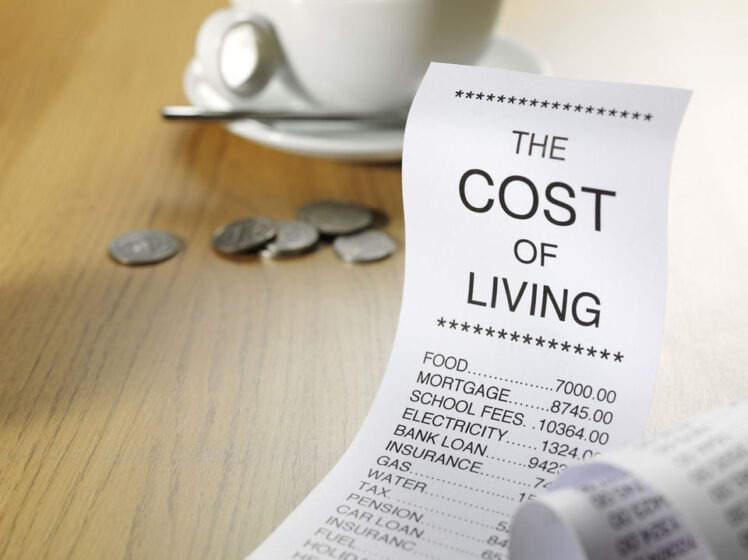
Low Cost of Living
Even the Spanish capitals of Madrid and Barcelona offer a quality lifestyle for less compared to other European cities such as London, Amsterdam, and Paris. Although you will need around 1800€ monthly for city living, it is possible to live reasonably well in most parts of Spain with an average monthly income of 1300€.
Wonderful Weather
Even though you will experience cold and rainy winter weather in Spain and possibly snow, the overall temperate climate is very agreeable. It is sunny in the more southern parts of the country for more than three hundred days a year. Due to the fabulous weather, outdoor activities are enjoyable, whether you like to cycle, hike, swim, or participate in team sports.

Wondrous Scenery
The Spanish coastline covers just over 3100 miles or almost 5,000 km. Spaniards and tourists flock to sandy beaches to sunbathe, swim or take part in a water sport.
Away from the beaches, Spain is full of beautiful, unspoiled natural landscapes, with many still comparatively undiscovered. The country is full of nature’s wonders, with beautiful geological scenery, dense forests, arid deserts, impressive volcanoes, expansive lakes, and majestic mountains.
Buying Property is Straightforward
Anyone can buy a property in Spain, including non-residents. There are no specific qualifications for a foreigner to invest in real estate. In fact, the Spanish government promotes foreign investment. You will also receive a Golden Visa if you decide to buy a property valued at over 500,000K.
The global recession of 2008 hit Spain hard. Property prices plummeted on average by around 40%. Although the real estate market finally recovered, Spain is still considered an excellent country to invest in property. If you are thinking of buying in Spain, you can download our property buying guide for free from our website here.
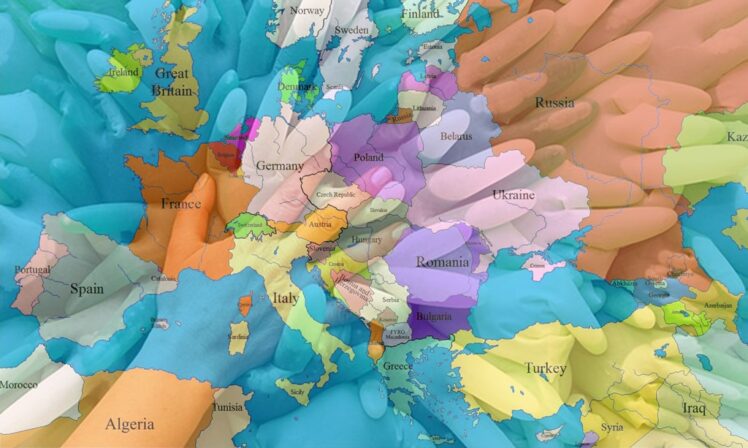
Discovering Europe
Flights to Europe’s top destinations from Spain are cheap and quick. If you want to travel within Europe, having Spain as a base is a great starting point.
Healthcare is Excellent
The country’s universal healthcare system is considered one of the best globally. Under Spanish law, the country must provide emergency and basic care free of charge for anybody who requires it. Expats are entitled to public health insurance (Seguridad Nacional de Salud) if they pay monthly social security contributions.
Alternatively, some regions offer access for a monthly payment under the “Convenio Especial.” The scheme gives residents access to state healthcare in Spain for those who have lived in the country for longer than a year but don’t have an automatic claim to state healthcare as a taxpayer or state pensioner. The scheme operates at a regional level, so you will need to contact your regional health authority for further information on applying and eligibility. All else failing, private health insurance is affordable for most and will cover state hospital treatment and access to private clinics.
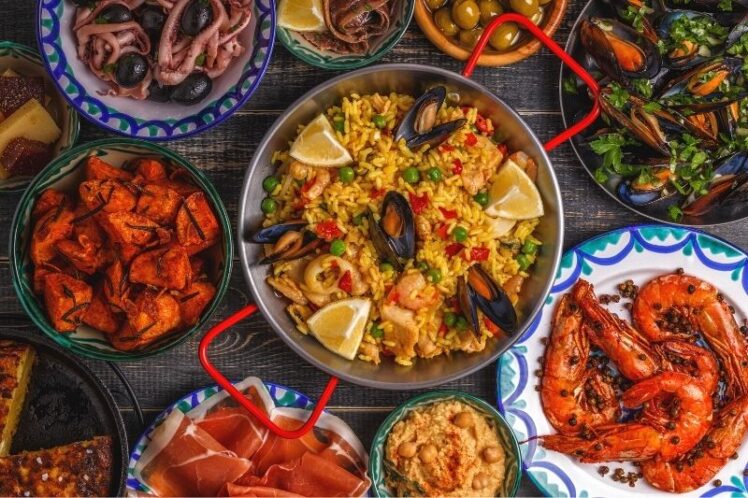
Delicious Cuisine
Probably the most well-known dish among visitors to Spain is paella, which most think is rice with seafood. In fact, “paella” was originally the name of the pan the cooks use, a type of shallow frying pan with two small handles. You will find seafood paella, meat varieties, vegetable options, or mixed paellas. Each region has a variation of the famous dish: some serving rice with green beans and snails, others adding chorizo and other types of sausages, while in coastal regions, it is made with mixed seafood, including prawns, clams, calamari, and mussels. All the regional versions have the short grain rice and saffron in common, adding yellow colour and a unique aroma.
As well as Paella, In Catalunya, you will find a dish called Fideua, a seafood and noodle dish, along with Catalan Suquet, which is a variety of fish in a delicious sauce. Sausages and cured meats, known as embutidos, are traditional foods found in most areas but differ from province to province.
Galicia is famed for its seafood, fresh, locally grown vegetables, and cheeses. The Basque country is famous for cod dishes and wide use of sauces on fish and meat.
Asturias is probably best appreciated for Fabada Asturiana, a rich stew based on white haricot beans. Locally caught tuna and sardines feature widely on menus in the province.
Valencia is the original home of seafood paella, and here you can find it in many variations, along with Fideus a la Cassola, a type of stew made with noodles.
Andalucía produces olives, rice, citrus fruits, and various spices influenced by the Arab domination of many years ago. These days the region also grows other fruits, including tropical types.
Madrid offers a choice of preserves and cured meats, and the restaurants here will often serve fresh fish and meats originating from other parts of Spain.
Murcia grows many of the country’s lentils, beans, and other pulses, along with tomatoes, vegetables, garlic, and fruit, as the land in the region is very fertile.
Spain is also famous for its exquisite wines; the first that comes to mind is La Rioja, but other provinces produce equally outstanding wines: Navarra, Valencia, Murcia, Ribera del Duero, Andalucia, and Catalunya, to name a few. Catalunya also offers Cava, a sparkling white wine, while Jerez is the native home of sherry.
As you can see, there is no shortage of foods and drinks to try where'ver you decide to live or visit.
Eating out in Spain is offered in many establishment types, including tapas bars, cafes, high-class restaurants, or working-class eateries offering “menus del dia” at an exceptionally low cost. The last option is one of the best choices for eating out in Spain with typical Spanish food at a very affordable price.

Cons of Living in Spain
High Unemployment Rate
During the economic recession of 2008, many people working in Spain lost their jobs, and recent graduates could not find work. The economy recovered, but as we still live with the effects of COVID-19 at the end of 2021, unemployment in Spain remains high compared to other European countries.
Language Barrier
Spanish is the second most spoken language globally, and as it is relatively easy for most, it is a popular language to learn. But there are a lot of different regional languages in Spain, including Basque, Catalan, and Galician. These cultural nuances can make learning Spanish more difficult, as new arrivals may not distinguish correctly between- Spanish and the local language.
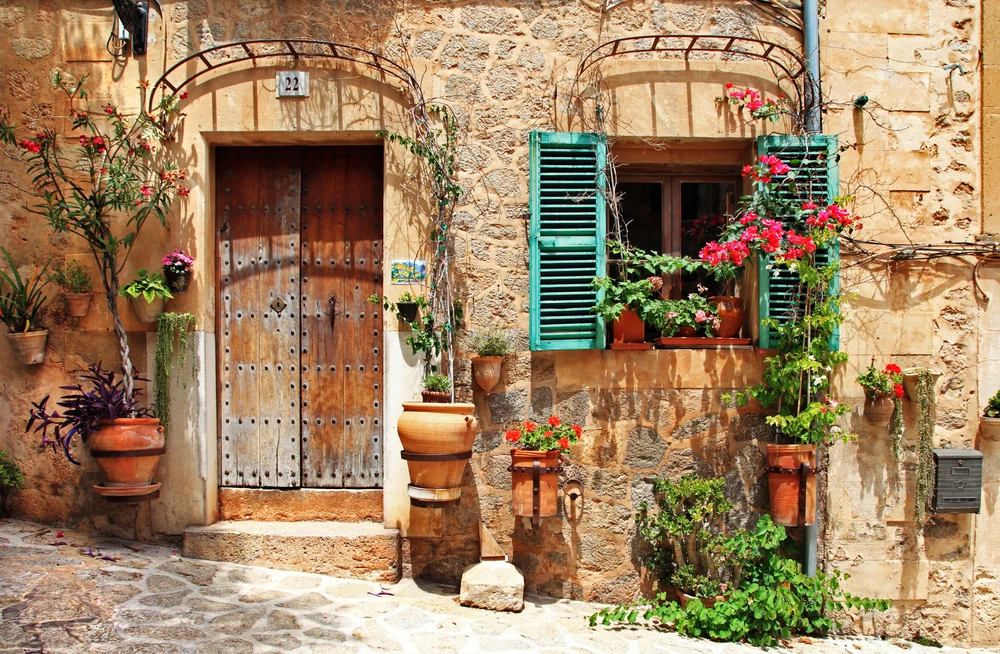
Continual Bureaucracy
Spaniards like papers. For every small matter, there’s a document to fill out. Not only this, but the country is also slow when it comes to administration. If you are moving to Spain from a non-EU/EEA, be prepared to stand in line, and register various offices. A gestor, or lawyer, can make this irritating process more manageable and is worth the extra cost for time saved peace of mind.
Leisurely Pace of Life
While the slower pace of life is one of the prime reasons British expats are attracted to Spain, it can be annoying when you have something you want to get done.
Restaurants open for evening meals when many expats are thinking of getting ready for bed. Don’t think about going to a club before 1 o’clock in the morning and be prepared for certain shops closing in the afternoon for siesta.
Furthermore, don’t try to do anything in August, as it often seems like the whole country is on holiday. A lot of urban businesses close for the entire month in August. However, the opposite is true if you live in a beach resort, and the influx of tourists, extra traffic, and noise can negatively disrupt your daily routine.
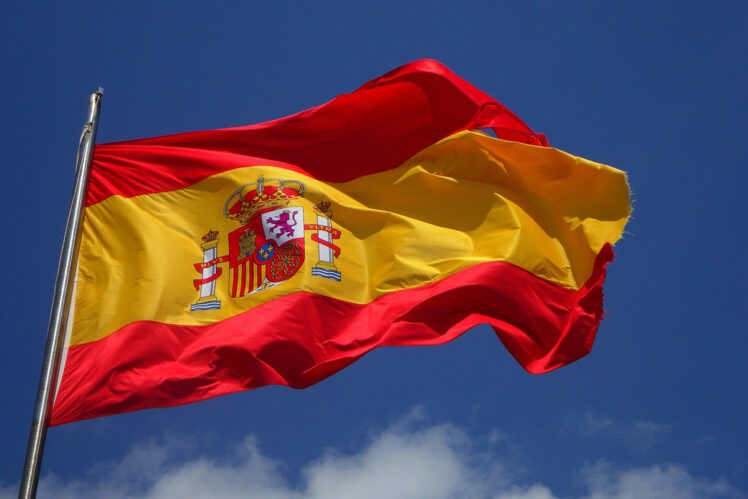
Summary
Overall, Spain is a wonderful country to choose if you want to relocate. It is ranked as one of the best countries to live in after the coronavirus crisis. Spain stands out for its high quality of family life, reasonable prices, political and economic stability, and of course, the weather. These factors make Spain one of the popular options to live in and investment.
Share With Your Friends
